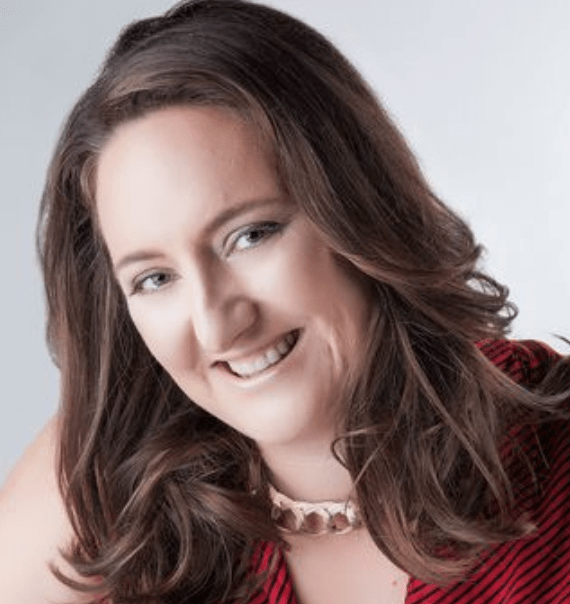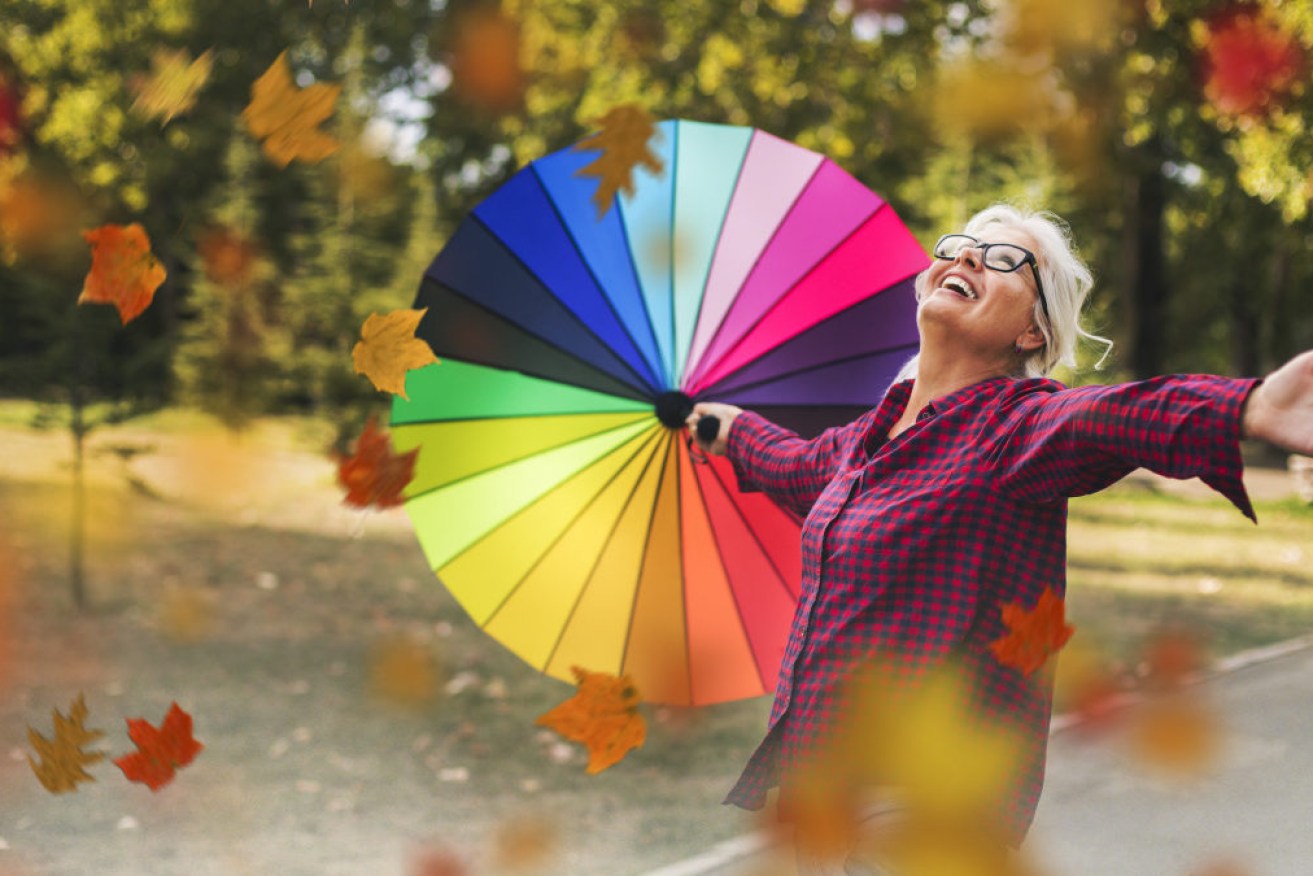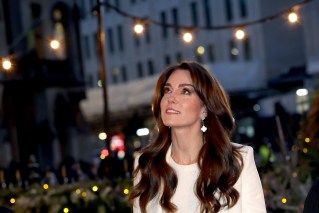Book extract: Building this ‘intrinsic capacity’ is key to living a longer, more enjoyable life


Our greatest skill is that we can rapidly adapt to changing environments, writes Professor Cassandra Szoeke. Photo: Getty
Charles Darwin, the first expert on evolution, was intrigued by the way species adapt to their environments and over time.
It was Darwin who put forward the theory that only the offspring that survive long enough to reproduce get to have offspring of their own; thus only the traits of survivors pass to future generations.
His work describes, in loving detail, the adaptations of feet and tails, beaks and tongues that made each animal a specialist in sourcing its preferred food in its own habitat, giving it a survival advantage.
The work of many scientists following in Darwin’s footsteps has suggested that human survival advantage comes not from size, strength or intelligence but the ability to adapt – and if there is one thing humans do incredibly well, it is adapting.
Human beings are more than just simply adaptable.
Unlike many animals, we do not entirely adapt ourselves in every way to one single environment.
Our greatest skill is that we can rapidly adapt to changing environments (hence our disturbing effectiveness in taking over the planet).
Remember this, because as individuals, it is a skill we can apply to our own lives.
Building your intrinsic capacity
Intrinsic capacity is your ability to weather the storms life throws at us.
It is what provides you with resilience in the face of inevitable change.
Fitness, for example, is a part of intrinsic capacity. If your fitness is very low, your heart rate can be close to its maximum possible beating rate when you do no more than get up from a chair.
This means that if you need to walk a mile or run from something, you may well drop dead – your heart just cannot take the strain.
Without overdoing it, we need to work on our fitness so that our resting heart rate is lower, allowing us a good amount of space in the event we need to do things that require lifting the heart rate.
Genetics goes a long way to giving us intrinsic capacity and therefore resilience. However, you can offset good genes if you do not move, maintain an unhealthy weight, eat an unbalanced diet, drink alcohol to excess and smoke.
Luckily for those of us who worry that a ‘healthy lifestyle’ involves adherence to difficult regimes, the women we studied during the Women’s Healthy Ageing Project were not fanatical.
Research shows those who focus on a single thing – like rigorous diets and intense exercise – have poorer health than we would expect.
Interesting studies have shown that people who are dieting are more likely to get infections. Researchers have tested the blood of people dieting and shown that there are fewer natural-killer cells (the type of immune system cells that go around and eat up bad things that end up in our bodies) compared with those in people not on a diet. ‘Eating healthy’ within the calorie limits your body needs is not dieting. It is just eating in a healthy way.
Don’t overdo it
Overdoing anything is not recommended. This includes not overdoing exercise or dieting.
You do not need to become a ‘health fanatic’.
In fact, the research shows that these people have worse health than those who opt for moderation in all things.
What is more interesting about the healthiest women we studied is that they are wonderfully efficient. They integrate several activities at once. They are active while interacting with their friends and while they are caregiving or volunteering. They bring a positive attitude to life and routinely find things to do that include being active, while also being mentally stimulating, which makes them feel happy and purposeful.
The secrets our women shared are that it is enough to be active, connect and find purpose (which you may be able to do all at once) while taking care to eat well, and making regular appointments with your doctor.
The importance of purpose
Purpose is what connects us to a feeling of being useful in our role, and that our service is of value. It correlates strongly with people feeling their lives have meaning.
It does not matter whether you’re striving for world peace, the success of your local football team or the wellbeing of your family – the basis on which such things deliver a health benefit turns out to be astonishingly simple.
People who are committed to actively doing something have direction, plans and strategies that strengthen their minds and bodies. They feel engaged and happy when heading to the relevant task or activity.
Dedication gives them meaning, significance and a drive to function with intent. It might sound a little melodramatic to express it this way but it really is like a reason for living. The more beneficial, advantageous, worthwhile, constructive, positive and fruitful the task or activity, the stronger their fulfilment.
That does not mean the activity, or what you aspire to achieve through it, needs to be something grandiose. It can be something that comes to you quite naturally.
Some examples nominated by our study’s women are caring for grandchildren or volunteering at a hospital.
The sense of feeling useful can be found very close to home, as we learnt from comments by our study participants (‘My husband is useless without me and he knows it. It’s very satisfying’), and via family ties (‘My children. It’s not true what they say, that they are no longer your responsibility after 18’).
Community commitments offer many of our women purpose: ‘The club. I’m the secretary, five years now. It’s a lot of work, I was thinking of leaving last year but the priest begged me to stay on – how could I not?’
So please, take advantage of your extraordinary capacity to adapt.
The women we have studied have shown us that doing so will significantly improve your chances not only of having a longer life but a far more enjoyable one.
This is an edited extract from Secrets of Women’s Healthy Ageing Living Better, Living Longer by Professor Cassandra Szoeke. Published by Melbourne University Press, RRP $32.99








